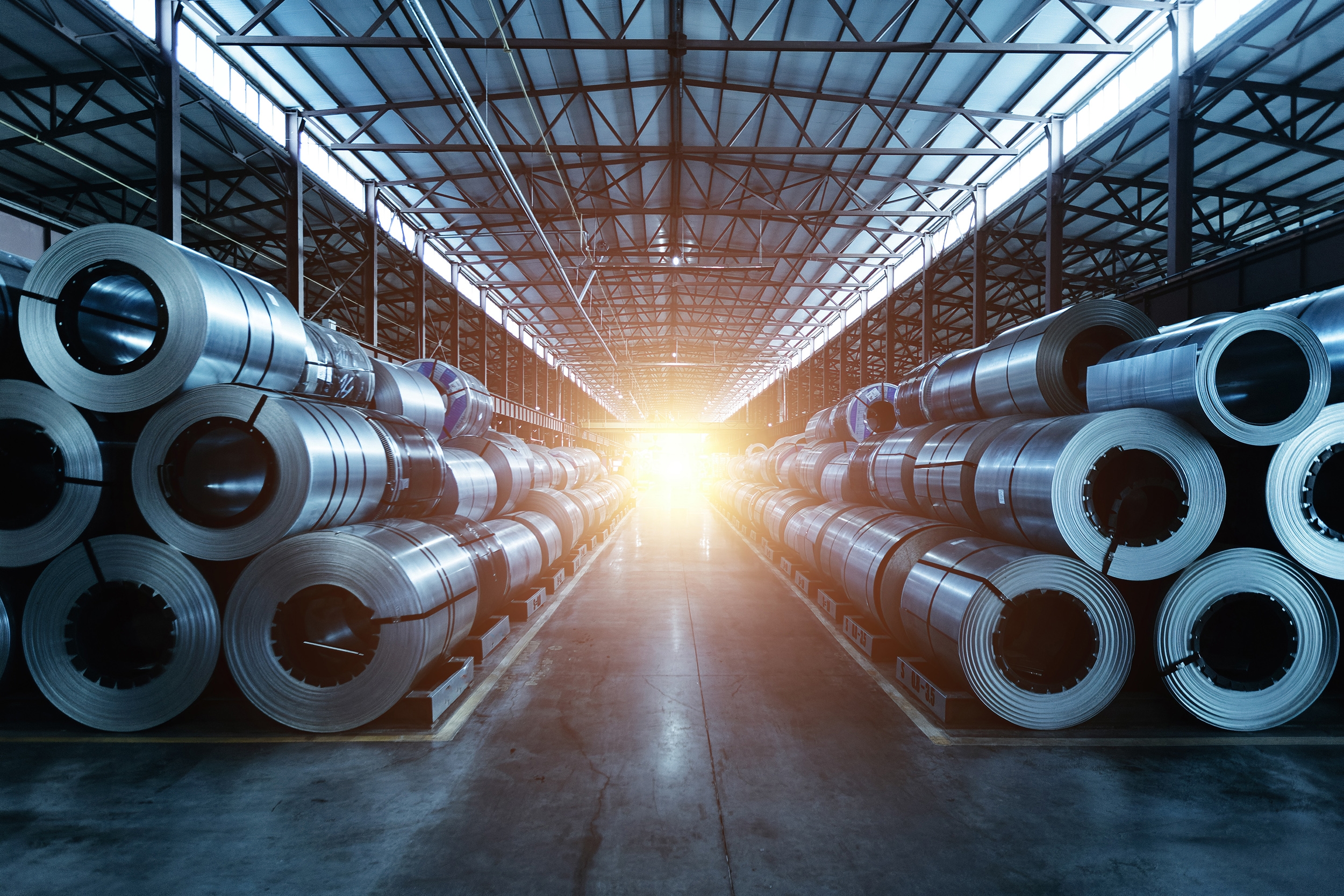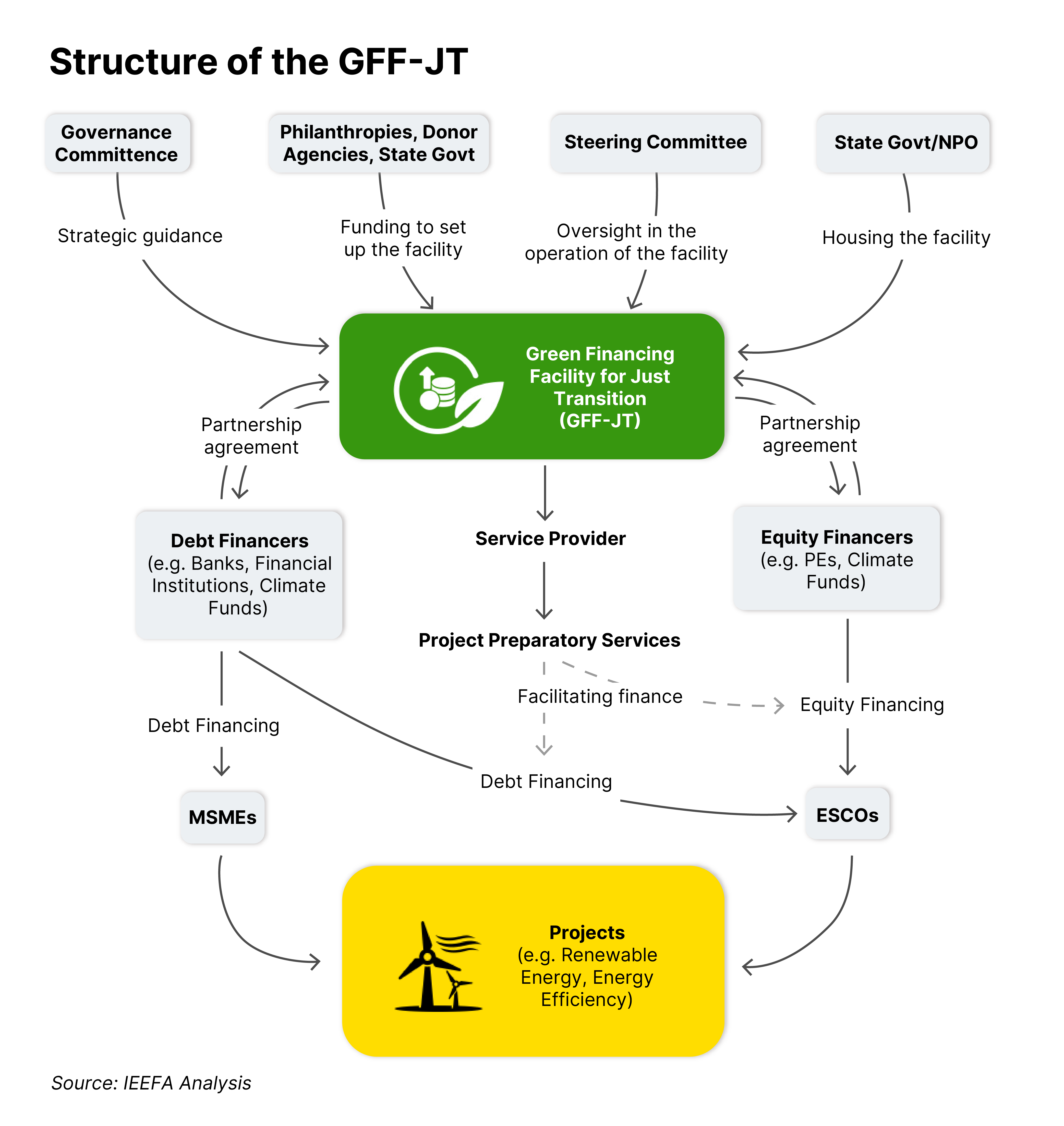How Jharkhand’s steel MSME sector can lead the way towards a Just Transition

State’s Fragmented Steel Clusters the Ideal Proving Ground for a Tangible, Transformative Green Financing Mechanism
Key Takeaways:
Micro, small and medium enterprises (MSMEs) in India’s steel sector are constrained with outdated technologies, lack access to finance, and structural barriers to decarbonisation.
Although concessional finance, credit guarantees and central/state schemes exist, most MSMEs and Energy Service Companies (ESCOs) serving these MSMEs, lack awareness and project preparation capacity to access them.
Without support, India’s energy transition risks job losses and regional disparity, particularly for MSME-heavy sectors such as steel.
A dedicated Project Preparation Facility can enable MSMEs and ESCOs to unlock existing capital and scale low-carbon technologies through project preparation, transaction advisory and matchmaking.
22 July 2025 (IEEFA South Asia): For India, steel is as critical to the nation’s economic growth as it is to its decarbonisation goals, and nowhere exemplifies this more than Jharkhand, states a new report by the Institute for Energy Economics and Financial Analysis (IEEFA).
Jharkhand’s thriving yet fragmented steel sector is divided along lines of scale and technology; major producers are far better placed for the energy transition than the state’s myriad micro, small and medium enterprises (MSMEs), shackled with outdated technologies and lack of access to capital, according to the report, Financing the MSME Transition in Jharkhand’s Steel Sector, released today.
“Among industrial subsectors, steel is one of the most energy and emissions intensive, contributing 12% of the country’s total carbon dioxide (CO₂), making it a critical focus area for mitigation efforts,” says co-author Shantanu Srivastava, IEEFA’s research lead, sustainable finance and climate risk.
While the Ministry of Steel’s decarbonisation roadmap offers a clear pathway for both large integrated steel producers (ISPs) and MSMEs, several finance and efficiency schemes targeting MSMEs have had limited impact.
To address this issue, a targeted Project Preparation Facility (PPF) can bring together steel MSME clusters and Energy Service Companies (ESCOs), often MSMEs themselves, to help them access existing financial mechanisms. Jharkhand is the ideal proving ground for a Green Financing Facility for Just Transition (GFF-JT), a PPF pilot scheme, that could be replicated in other states (see figure below).

“By providing early-stage funding for essential services such as technical and commercial feasibility studies, financial structuring, GFF-JT can help advance economically viable projects to a stage that allows public and private investment.
“Over time, its scope can expand to include other industrial sectors and technology segments within and outside the state.”
Steel sector MSME decarbonisation is also critical from a socio-economic perspective as they are significant employers in economically vulnerable regions, and could be left behind as the global race to produce low-carbon steel intensifies.
“Without targeted support, they risk being excluded from India’s low-carbon transition, threatening jobs, deepening regional disparities and undermining the broader goals of a just energy transition,” co-author Labanya Prakash Jena, Sustainable Finance Consultant, IEEFA, says.
For more details on the GFF-JT proposal, see the briefing note below.
Read the analysis: Financing the MSME Transition in Jharkhand’s Steel Sector
Media contact: Prionka Jha, ![]() [email protected], ph +91 9818884854
[email protected], ph +91 9818884854
Author contacts: Shantanu Srivastava ([email protected]), Labanya Prakash Jena ([email protected])














